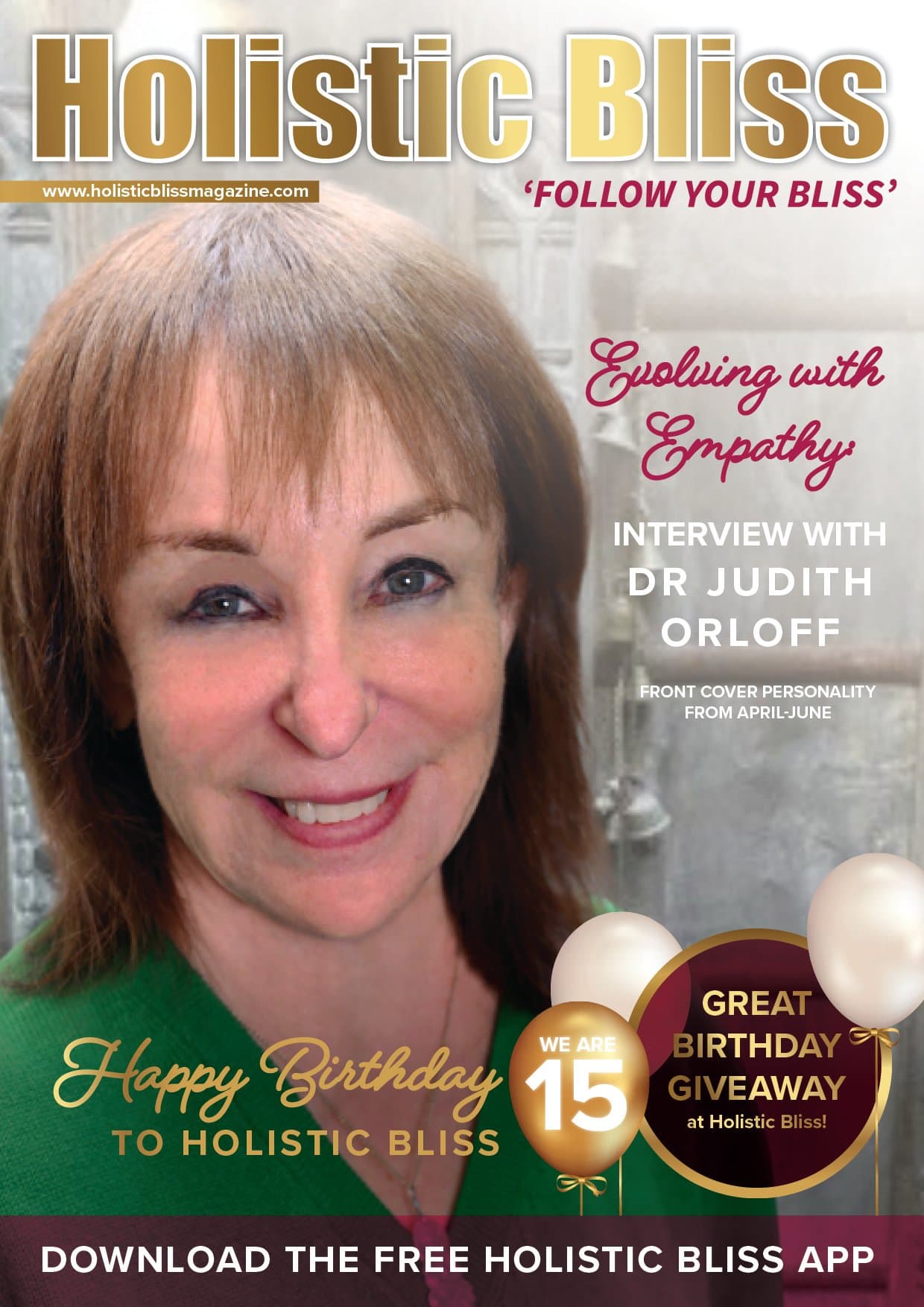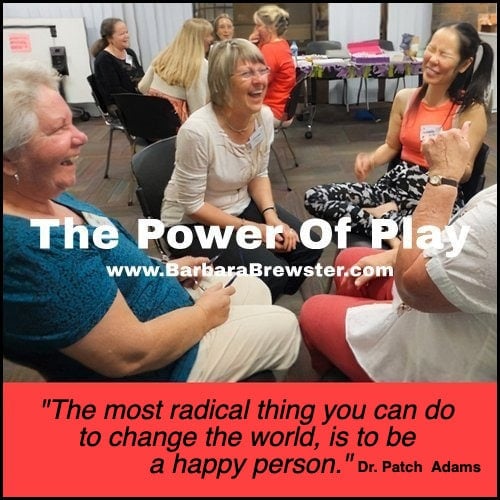Psychological Flexibility is a term that is used a lot in Acceptance and Commitment Therapy (ACT). In fact, it is the aim of ACT as a therapeutic practice, as it is one of the most foundational skills to our emotional & mental health and well-being. Being more and more psychologically flexible is a surefire way to deal with issues such as depression, stress, anxiety, PTSD and trauma in a more effective, more useful way. Often even more useful than other therapeutic approaches, or medication! Psychological flexibility asks us to keep looking at more meaningful and valuable directions in life, rather than staying locked into what is “not good” right now.
If psychological flexibility is such an important skill, what is the way to it? How do we become more psychologically flexible? One of the founders of ACT, Steven Hayes, states that three elements form the heart of psychological flexibility. He actually describes them as “three skills in one”. I would like to share these three sub-skills that together form the skill of psychological flexibility. I do realise that I can only touch the surface. If you’d like to know more, feel free to contact me!
Awareness
Awareness is an absolute key to psychological flexibility. You definitely want to be fully aware of what’s going on for you, RIGHT NOW. What are you feeling? What are you thinking? What is your body doing? What is happening in and around you?
Words probably won’t be able to capture it all. It’s a “felt experience”. We tend to get hooked by our thoughts, and become “mental”. What awareness asks us to do is to become present in the here and now, with everything that is taking place there. And that may be a very uncomfortable, painful, undesirable and unwanted set of sensations and insights. In order to pivot all this into something useful, though, being present with it is the first step! Steve Hayes says that awareness also includes a sense of spirituality; a sense of “self”, connected to time and place, and to the consciousness of others.
Openness
Openness is the second skill required for psychological flexibility, and follows on from awareness. When we’re aware and present, openness is the skill of allowing whatever thoughts, feelings and sensations to just “be there”, without needing anything to be different. Now that can be tough, especially when what we ARE being aware of is particularly painful or uncomfortable. We are nearly literally wired to fight, run away from or hide from discomfort, and to find a “safe space”. Our natural instinct is to get rid of the discomfort, to stop thinking those negative thoughts, to feel better, to drown out the painful sensations in our bodies. Unfortunately, our brain doesn’t work the way we want in that respect. The more we push, fight, flee or hide, the worse we generally feel, especially when it concerns a situation we cannot find a workable solution for. Openness means saying “yes” to all your thoughts, feelings and body sensations, in whatever way they present, and to minimise or stop struggling against them. Generally, as soon as we drop the struggle, our life starts looking up.
Valued engagement and committed action
The last skill that makes up psychological flexibility is the one of values-based living, and committed action towards those values. Values are the answer to the question: “what is important to you in the area of … “ [relationships, career, family, health, finances, social connections, etc]? I see them as a compass heading. You will never “get there”, as a compass heading is not a destination. We can allow our values to inform our goals, which ARE destinations. More specifically, they are waypoints on our journey in the direction of our values. As long as you are clear about what is important to you, and set goals in accordance with that, you can build habits that help you achieve those goals. And even if a certain (amount of) goal(s) cannot be achieved, it is not a deal breaker, as long as you still stay “on course”. To put it more poetically: it’s about the journey, not so much about the destination.
There is so much more to say about this topic, and I invite you to come and have a chat with me about it, if you are interested. The main takeaway from a mental health point of view is that “feeling good” is not the aim of the psychological flexibility approach. The pursuit of happiness is not a smart goal. What makes more sense is living a life of values and commitment, where we learn to welcome whatever comes up; to fully be with that and not run away from it; and to then consistently redirect our attention and behaviour towards what is more important. On a whole, research suggests that the practice of psychological flexibility allows us to live a richer, fuller and more fulfilling life. And although it’s not the aim, that generally feels pretty good!










Add comment